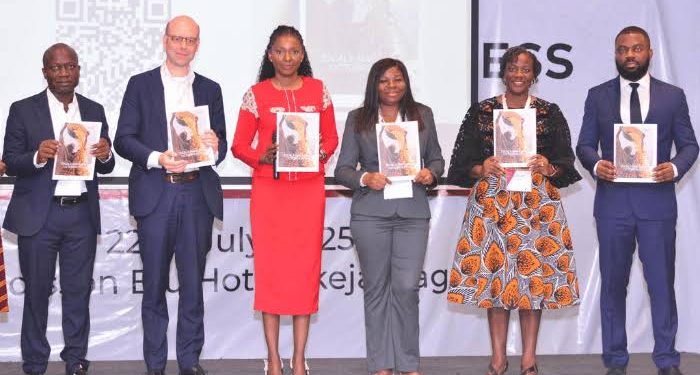After over a decade of fostering inclusive agribusiness development, the Toward Sustainable Clusters in Agribusiness through Learning in Entrepreneurship (2SCALE) programme has announced the successful empowerment of 221,000 farmers and 3,621 small and medium enterprises (SMEs) across Nigeria.
Funded through a public-private model, the initiative has invested €65 million over 13 years, positioning itself as Nigeria’s largest agribusiness incubator. The programme, which wraps up this year, has focused on unlocking economic opportunities for smallholder farmers and agri-SMEs through strategic partnerships, co-investments, and technical support.
Speaking during a media forum in Lagos organised in collaboration with the Dutch Consulate, 2SCALE’s Country Team Lead, Olisa Maxwell, highlighted the programme’s significant milestones. He explained that between 2012 and 2018, the first phase impacted 88,000 smallholder farmers and 621 small businesses, with women representing 34 percent and 18 percent of the beneficiaries respectively. That phase attracted €7 million in private sector investment through about ten partnerships.
The second phase expanded its reach to 133,000 smallholder farmers and 3,000 SMEs, while also creating farm and factory-based jobs for young people serving as aggregators, extension service providers, and processing staff. Private sector partners co-invested about €35 million during this phase.
Beyond job creation and SME development, 2SCALE also played a role in boosting local milk production, raising the annual volume from just one million litres in 2012 to over four million litres by 2022.
Programme Director Marina Diboma described the journey as a remarkable demonstration of inclusive agribusiness at work. She noted that 2SCALE empowered various actors across agricultural value chains and opened up new markets that drove both economic growth and social inclusion.
Reflecting on the challenges encountered, Diboma cited climate change, insecurity, political instability, the COVID-19 pandemic, supply chain disruptions from the Russia-Ukraine war, and limited market access. Still, she praised the programme’s resilience and ability to adapt.
“These experiences forced us to rethink our ground-level strategies and deepen collaboration to ensure that millions continue to access nutritious and affordable food,” she said.
Diboma also unveiled the 2SCALE Interactive Magazine and premiered a new documentary titled Food Soldiers: Promoting Food Security in Africa, capturing the programme’s impact stories and lessons learned.
In his remarks, Michel Deleen, Consul General of the Kingdom of the Netherlands in Lagos, emphasized the importance of continuous public-private dialogue in sustaining agribusiness growth. He outlined plans to expand the programme’s legacy through regional knowledge-sharing, embedding technical support, and supporting agribusiness clubs that can sustain resilient food systems.
As the programme enters its final phase, stakeholders are now focused on ensuring the continuity of 2SCALE’s model; aiming to keep its inclusive and community-driven impact alive well beyond its formal conclusion.










